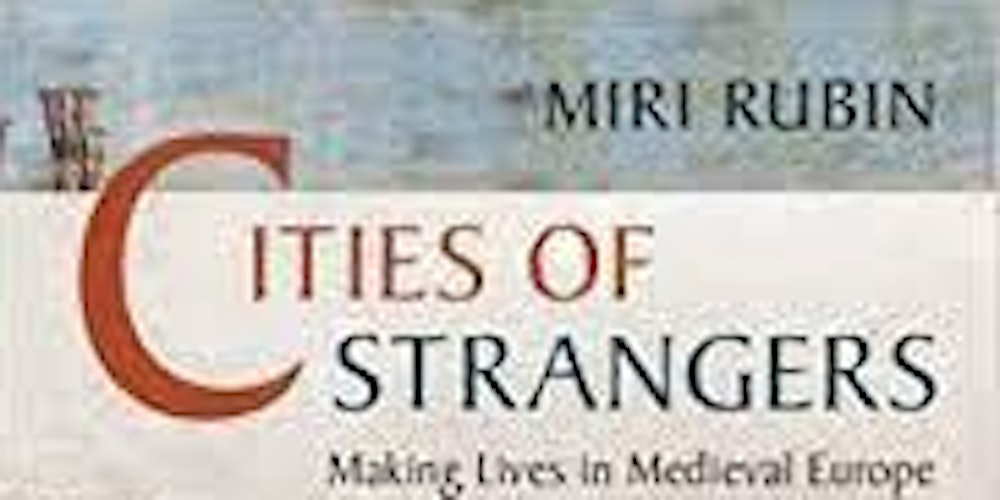The Medieval Studies Research Group at the University of Lincoln would cordially like to invite you to attend our online Annual Medieval Studies Lecture on 1 June 2022 at 6pm BST.
This year we are delighted to welcome as our speaker, Professor Amy G. Remensnyder from Brown University, an eminent international scholar of the medieval world, who will be showcasing her fascinating new research on the history of the Mediterranean island of Lampedusa between 1200 and 1700.

Title of talk: Escaping from Mediterranean Slavery: A Deserted Island and a Pirates’ Shrine
Abstract of talk: In the late medieval and early modern Mediterranean, enslaved people fleeing bondage created a maritime fugitive geography in which a tiny deserted deep-sea island lying between Mahdīya and Malta—Lampedusa—came to occupy an exceptional place. There, fugitives found succour at an unusual shrine shared by Muslims and Christians. It highlights the importance of the sea and uninhabited islands as a passage to freedom and also suggests that the Mediterranean system of slavery could engender compassion for its victims on the part of the violent men of the sea who were slavers—corsairs and pirates.
Biography of speaker: Amy G. Remensnyder is Professor of History at Brown University. In her first book, she focused on high medieval French monastic culture and collective memory. Her next book spanned the Atlantic, placing medieval Iberia in dialogue with colonial Mexico by exploring the Virgin Mary as a symbol of conquest and conversion. A practitioner of engaged scholarship, she is a co-editor of the volume Why the Middle Ages Matter: Medieval Light on Modern Injustice and is the founder and director of the Brown History Education Prison Project. She has held many research fellowships, including most recently at the American Academy in Berlin. Her current book project is a longue durée, maritime microhistory of Lampedusa, which brings together past and present to explore this Mediterranean island’s importance to mobile people now – migrants – and mobile people between 1200 and 1700: pirates and their victims.
How to attend: To register for the lecture, please click on this link. Attendees will receive an email detailing how to join two days before the event.
We hope you will join us!
